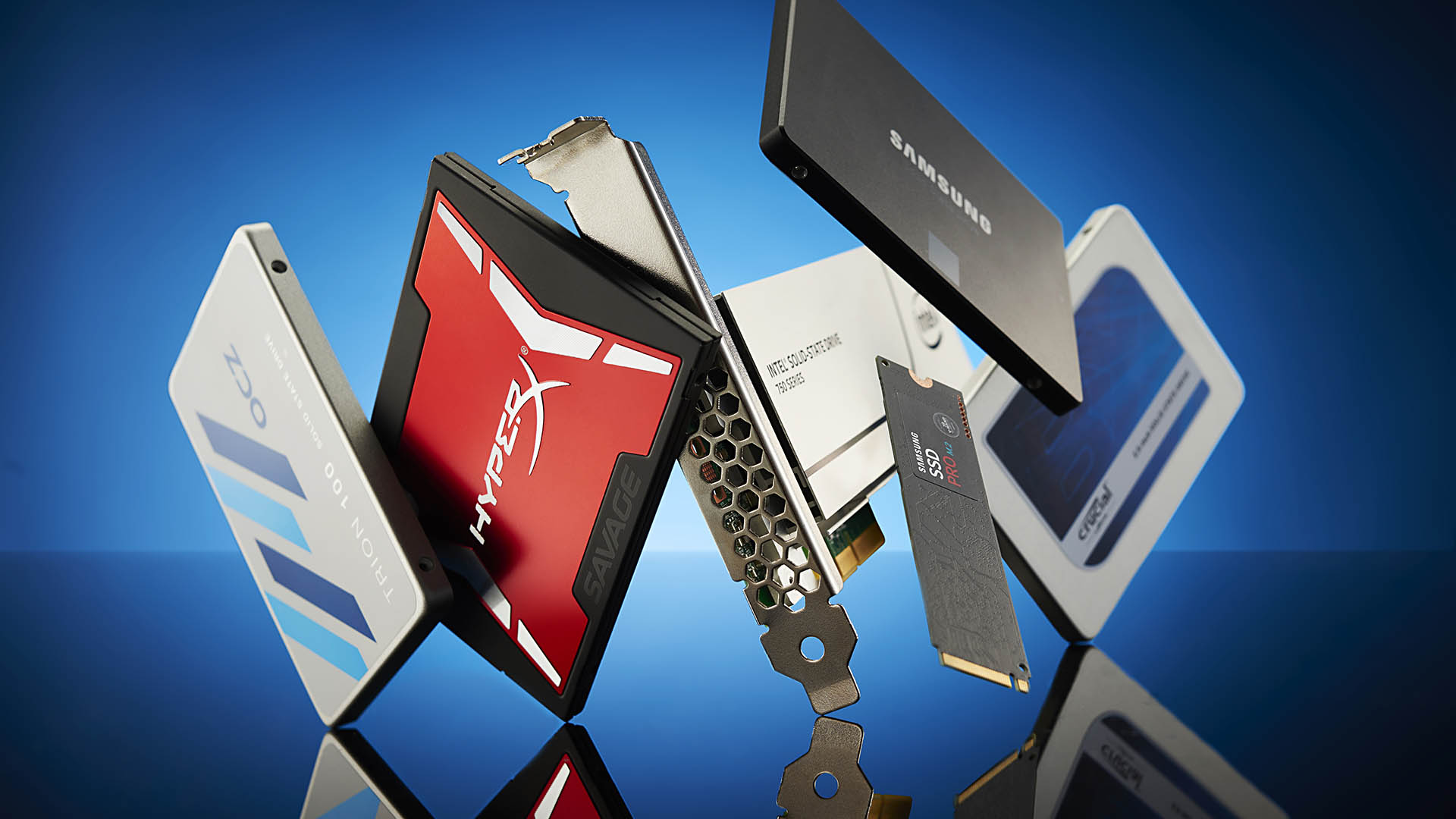Contamination leads to the loss of over 6.5 Exabytes of WD and Kioxia 3D NAND

It seems like the tech we love just keeps taking punches to the gut, leading to lower supply or higher prices, or both. Now comes word that Kioxia (formerly Toshiba) and Western Digital have reported that contamination issues have been detected at its NAND production facilities. Western Digital claims that the contamination impacted up to 6.5 exabytes of flash memory. That’s 6.5 million terabytes. The loss of that much NAND will no doubt have a market impact.
Kioxia’s statement comes via Tom’s Hardware. It says that operations were affected at its Yokkaichi and Kitakami plants. The loss was attributed to a component containing impurities involved in the production of BiCS 3D NAND flash memory. That led to a halt in production.
Western Digital’s statement contains the estimated 6.5 exabyte figure. Both statements avoid giving a timeline for the resumption of production, but given the stoppage happened in ‘late January’ and it may not restart for some time to come, it’s clear that the issue is a major one, with ripple effects likely to follow for several months, eventually leading to a shortage of BiCS NAND and a rise in the prices of the company’s SSDs.

(Image credit: Future)
Best SSD for gaming: the best solid state drives around
Best PCIe 4.0 SSD for gaming: the next gen has landed
The best NVMe SSD: this slivers of SSD goodness
Best external hard drives: expand your horizons
Best external SSDs: plug in upgrades for gaming laptops and consoles
Western Digital’s statement contains the estimated 6.5 exabyte figure. Both statements avoid giving a timeline for the resumption of production, but given the stoppage happened in ‘late January’ and it may not restart for some time to come, it’s clear that the issue is a major one, with ripple effects likely to follow for several months, eventually leading to a shortage of BiCS NAND and a rise in the prices of the company’s SSDs.
It’s currently unknown if contaminated NAND has already shipped in products, which would lead to a messy recall.
According to Trendforce data obtained by Tom’s Hardware, “the cumulative capacity shipped for both consumer and enterprise SSDs in 2021 weighed in at 207 exabytes spread over roughly 333 million SSDs” That means the loss of 6.5 exabytes isn’t massive in terms of the overall market, but it is definitely a big chunk of WD and Kioxia’s market share, which trails that of market leader Samsung.
Let’s hope that SSD prices don’t rise too much as a result.

